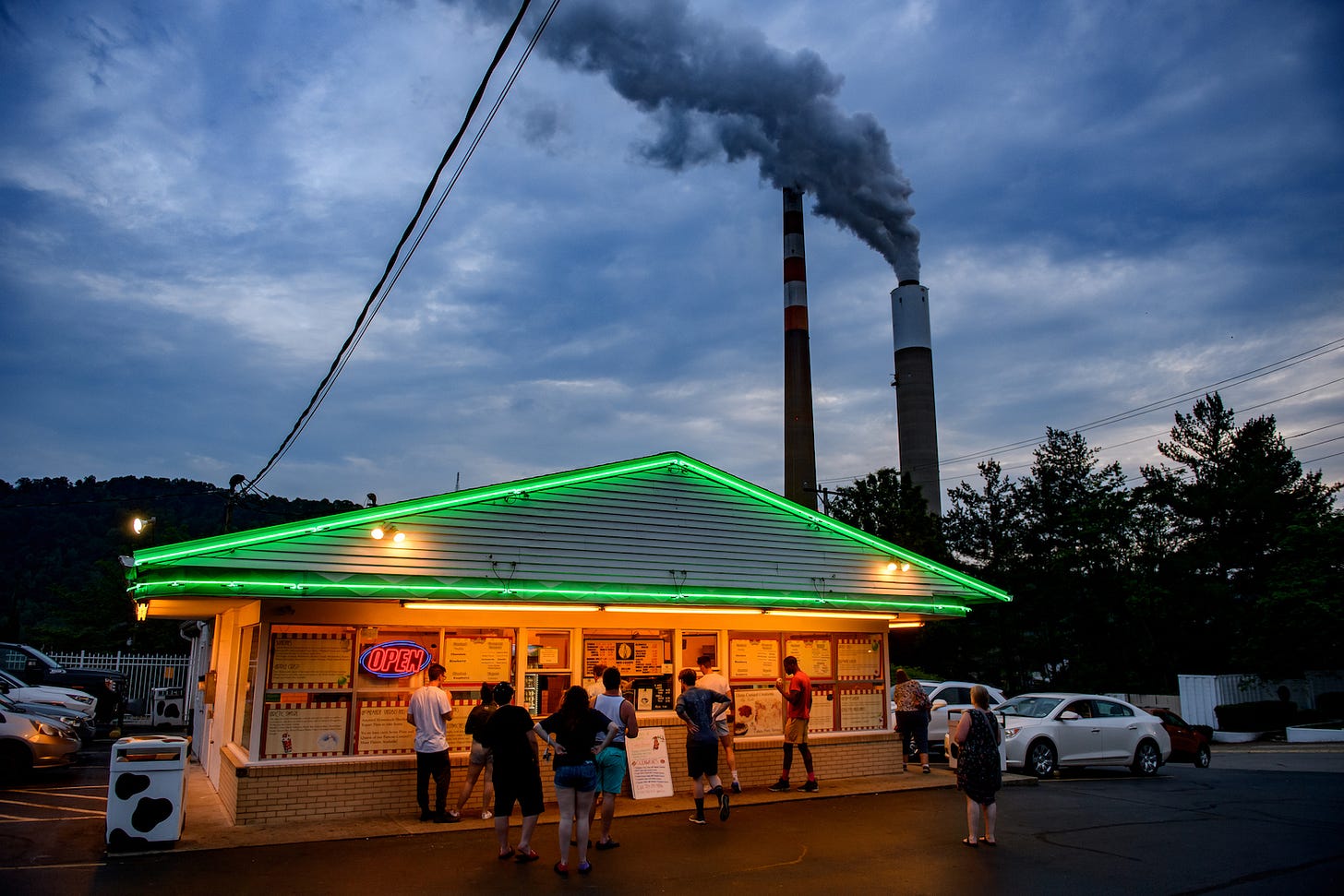Your electric bill payments may be funding climate delay
If your electric utility is a member of the Edison Electric Institute, then we have some unfortunate news.

If you’re like most people in America, you pay an electric bill every month.
And if you’re like most people in America, you pay that bill to a monopoly electric utility, meaning you have no choice in t…



